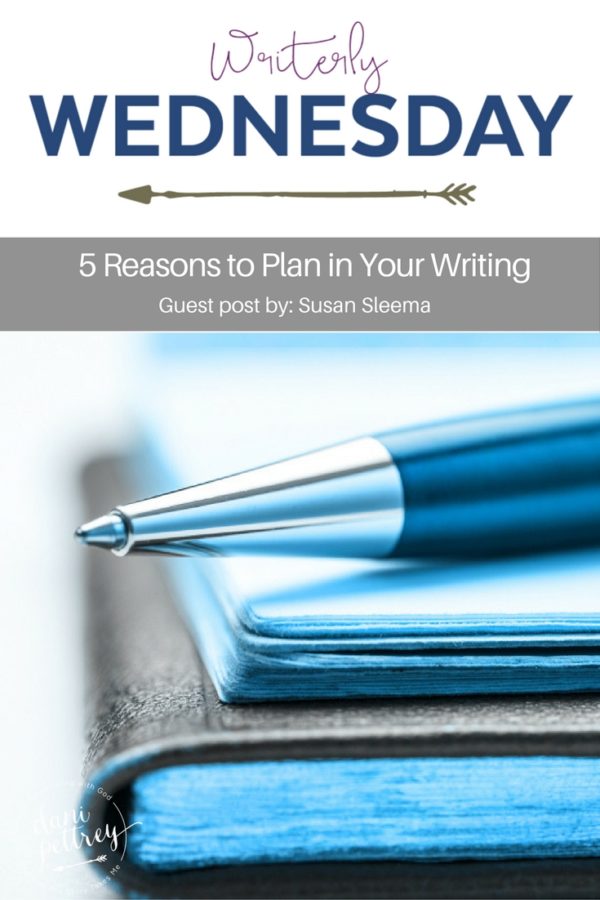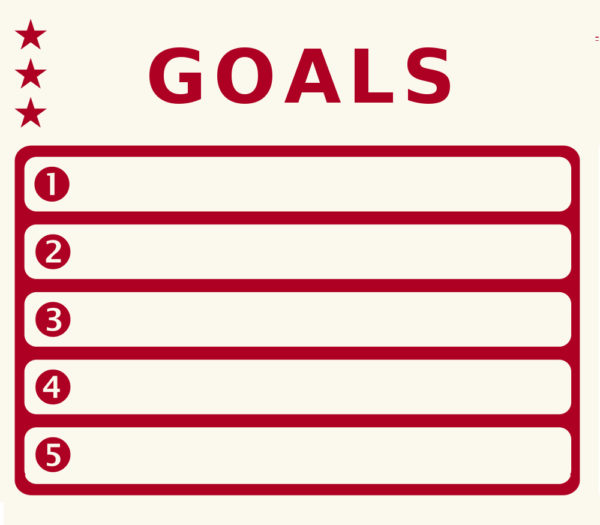5 Reasons to Plan in Your Writing

I’m often asked how I am able to write as many books as I do. The quick answer is that I sit behind my computer far too many hours each day and write, write, write. BUT … but, I couldn’t do any of it if I wasn’t organized. Organization and planning come naturally to me. There I’ve said it. I’m one of those ‘there’s a place for everything and everything’s in its place people’. Please don’t throw things at me. If it helps, I’m married to a slightly, ahem, very disorganized guy, but I simply can’t relax unless I’m on top of everything I need to do.
So what does this have to do with your writing you ask? I believe if you implement any of the following tips you will find yourself putting more words on paper. And the number of words on paper = the number of books created. So here, goes. My tips to be a more productive writer.
 1. See yourself as a professional writer
1. See yourself as a professional writer
If you BELIEVE you are a writer, you will behave like a writer. Set up a dedicated writing space. Even if it’s only a chair and laptop. Then write, write, write. Whether you feel like it or not. Whether you’re turning out award-winning prose or garbage. Write. Why? You’ve heard the old saying practice makes perfect. I don’t know about perfect, but writing on a regular basis helps you perfect your craft. So think of yourself as a writer. Park yourself behind your computer and write. A lot. All the time. Daily if possible.
2. Set a Goal and stick to it
Decide the days of the week you are going to write and set word goals for those days. To keep up my publishing pace, I must write at least 3000 words 5 days a week. Do I always want to write 3000 words. “No,” I scream loudly. But by setting a word goal, it allows me to see at a glance when a rough draft will be finished and contract other books accordingly. And I know if I slack off on one day, I will have to make it up another.
3. Don’t let distractions get in the way.
Easier said than done right? Especially when email and social media are tempting little buggers on your computer. So how do you avoid spending too much time on them? I allow myself several time slots per day for these items and use a calendar program with reminders to tell me when to get back to putting those words on paper. You don’t have to spend any money on a calendar program. I use Mozilla Sunbird, which is a FREE program and if you’re on a Mac you have Calendar for free. I put deadlines and other events on the calendar and set appropriate reminders. For example, if I have a blog post or interview due, I decide how much time it will take for me to complete, set the due date, and the calendar tells me when to work on it. Until then, I can put it out of my mind and concentrate on writing.
4. Set a book deadline whether the book you are working on is contracted by a publisher or not
Any published author will tell you that a deadline will make you do super human things to complete a book on time. But a contracted novel isn’t necessary for you to the same thing. Give yourself a deadline. Treat it as if an editor is waiting for your manuscript and stick to the date. This will not only enable you to write more words, but it also shows you how long it takes to complete a novel so you can plan your writing schedule in manageable chunks.
5. Plan out your novels
– Okay, I know this is going to start a seat-of-the-pants writer versus plotter argument, but read on anyway, as I can see this point from both perspectives -
When I first started writing, I didn’t plan a word. I didn’t even know where the book was going or how it was going to end. No structure at all. I’d see a scene in my head the night before and put it on paper the next day. If I felt like writing, that is. If I wasn’t in the mood, I didn’t write. But then, I was able to contract with a publisher with the first three chapters and a synopsis only. What? They had to be kidding. I couldn’t write a synopsis before I wrote the book. I was a pantser all the way, and I could only write the dreaded synopsis after I finished the book.
As in shock as I was, if I didn’t want to complete entire manuscripts and have an editor say they didn’t like them, I had to learn to plan my books in advance. And that’s what I did. I took the high concept, figured out character conflicts and the main story conflict then expanded it to create a list of scenes that fit the book. Learning how to go from pantser to plotter would take a series of blog posts to explain and you still may not agree with me, but I can tell you doing this prevents writing oodles and oodles of words that end up on the cutting room floor.
Well, there you have it. My five tips to being more productive as a writer. So what do you think? Can any of these tips help you get more words on paper?
 SUSAN SLEEMAN is a best-selling and award-winning author of more than 25 inspirational/Christian and clean read romantic suspense books. In addition to writing, Susan also hosts the popular website TheSuspenseZone.com. Susan currently lives in Oregon, but has had the pleasure of living in nine states. Her husband is a retired church music director and they have two beautiful daughters, a very special son-in-law, and an adorable grandson.
SUSAN SLEEMAN is a best-selling and award-winning author of more than 25 inspirational/Christian and clean read romantic suspense books. In addition to writing, Susan also hosts the popular website TheSuspenseZone.com. Susan currently lives in Oregon, but has had the pleasure of living in nine states. Her husband is a retired church music director and they have two beautiful daughters, a very special son-in-law, and an adorable grandson.


